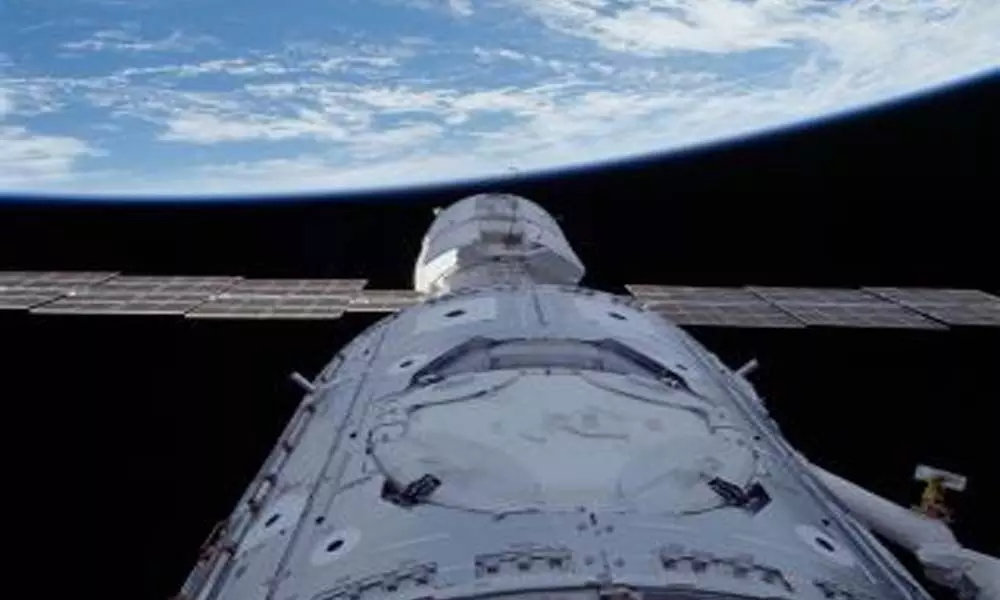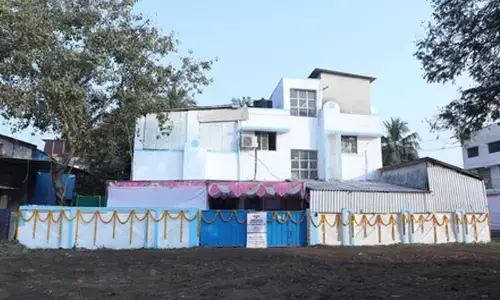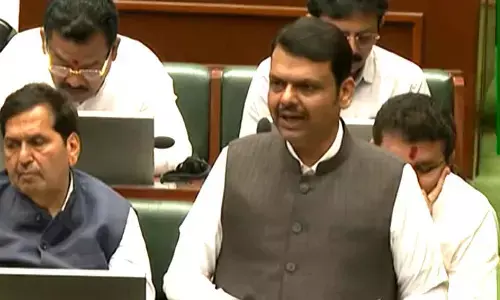Small cracks found on Russian module on ISS: Report

Small cracks found on Russian module on ISS
Zarya, the Russian module on the International Space Station (ISS), has developed small cracks, which may widen, according to media reports.
Zarya, the Russian module on the International Space Station (ISS), has developed small cracks, which may widen, according to media reports.
Zarya, meaning "Sunrise" in English, is funded by the US, but built and launched by Russia.
The module, also known by the technical term Functional Cargo Block and the Russian acronym FGB, was the first component launched for the ISS in 1998.
"Superficial fissures have been found in some places on the Zarya module," Vladimir Solovyov, chief engineer of Moscow-based company Energia Space Rocket Corporation, was quoted as saying to Russia's state-owned RIA news agency.
However, it is not clear whether the cracks are causing any air to leak from the orbiting lab.
This isn't the first time cracks have been found on the ISS, which is used for space research by astronauts continuously since November 2000, the space.com reported.
In September 2019, fissures developed in the Russian Zvezda module and caused a small air leak on the orbiting lab. While cosmonauts fixed the cracks in October 2020 and March of this year, it persisted. Last month, Russia reported another pressure drop in the module, which launched to Earth orbit in July 2000, the report said.
In July 2021, Russia's long-delayed Nauka science module was launched to the ISS. But, the thrusters on the Nauka Multipurpose Laboratory Module unexpectedly fired hours after docking, causing the station to move out of orientation.
The space station was shoved 45 degrees off track. However, it was repositioned back to normal.
Russia also has plans to create a separate orbital outpost.
In April, Russian Deputy Prime Minister Yuri Borisov announced that the condition of the ISS left much to be desired and Russia might focus on creating its own orbital outpost.
Energia has been assigned the task of making the first basic module for a new Russian orbital station ready in 2025.
However, Solovyov on Monday said that all Russian equipment onboard ISS are beyond its service life and thus cannot be moved to a new orbital station, TASS news agency reported on Monday.
"It is impossible to overcome the difference in inclination because this is a completely different energy," he was quoted as saying.
The new module will be based on a research and power unit that was previously intended for a launch to the ISS in 2024, the report said.
The Roscosmos Scientific and Technical Council recommended that the work on creating the technical project of Russia's new orbital station be included in the 2025 federal space programme.










